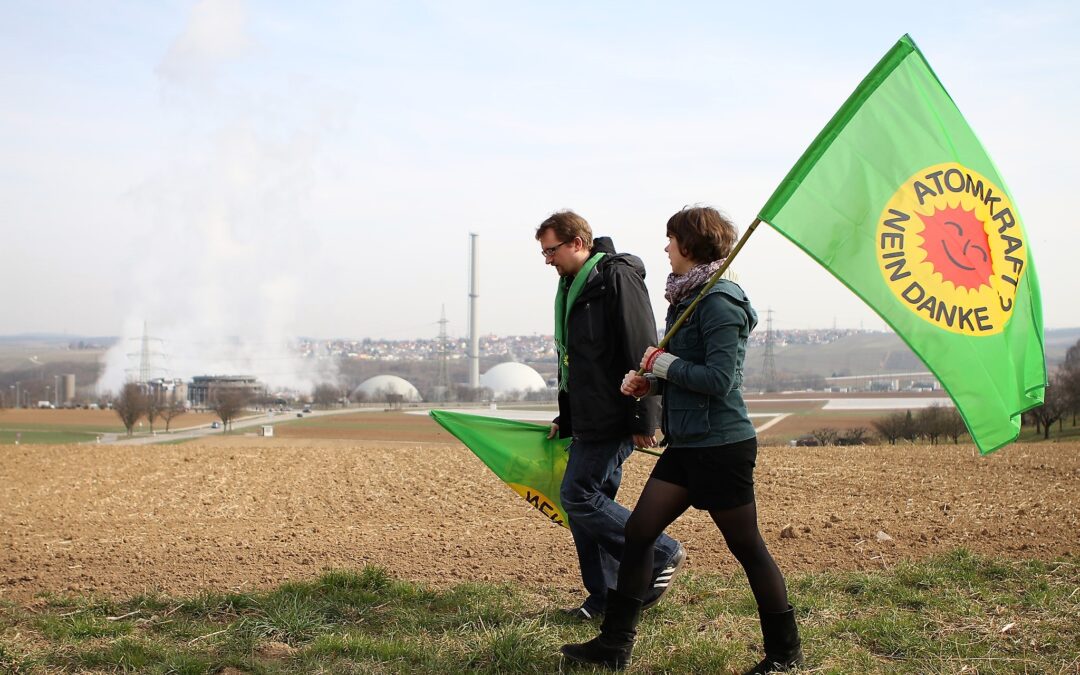Four eastern German states – Mecklenburg–Western Pomerania, Brandenburg and Saxony, which border Poland, as well as Berlin – have formally expressed opposition to the Polish government’s plans to develop the country’s first nuclear power station.
“Together, the federal states speak out against the construction and operation of the first nuclear power plant in Poland and [are] in favour of abandoning the project,” reads a statement by Brandenburg’s consumer protection ministry published earlier this week.
“In view of the devastating nuclear accidents in Chernobyl and Fukushima, plans for the further use of nuclear energy should be abandoned in the interest of the population and environment of all Baltic Sea countries,” it adds.
The statement notes that the environment ministry of Mecklenburg–Western Pomerania has forwarded their objections and concerns to Poland’s general director for environmental protection in Warsaw.
⚠️Brandenburgia, Berlin i Saksonia opowiedziały się przeciwko budowie elektrowni jądrowej w Polsce.
🇩🇪Argumentacja strony niemieckiej dotyczy przede wszystkim potencjalnej katastrofy jądrowej (innymi słowy mówiąc: dalej straszą atomem).https://t.co/BYcWAd1pt9
— Jakub Wiech (@jakubwiech) December 14, 2022
Poland intends to build the power plant in Lubiatowo-Kopalino, near the Baltic Sea and around 250 kilometres from the German border. The project is subject to mandatory consultation, and any opinions or objections could be submitted by Tuesday this week.
In October, Poland picked the United States as its international partner in developing the plant, which is scheduled to open in 2033. Soon after, South Korea was chosen as the partner in a project by a group of private and state-owned firms to develop a second nuclear power station.
By contrast, Germany has over the last decade been withdrawing from nuclear power in the wake of the Fukushima disaster in Japan. During a visit to Warsaw in February this year, Germany’s environment minister, Steffi Lemke of the Greens, expressed concern about Poland’s plans.
Nuclear is “neither good nor safe” in Berlin’s view, she said. “If reactors are to be built in Poland, we will work with the appropriate legal instruments…at the European level.”
Since then, however, the energy crisis caused by Russia’s invasion of Ukraine has led Germany to delay its nuclear phaseout, keeping some plants online longer than planned.
Meanwhile, support for nuclear power among the Polish public has almost doubled this year, rising to 75%.
Main photo credit: BÜNDNIS 90/DIE GRÜNEN/Flickr (under CC BY 2.0)

Alicja Ptak is deputy editor-in-chief of Notes from Poland and a multimedia journalist. She has written for Clean Energy Wire and The Times, and she hosts her own podcast, The Warsaw Wire, on Poland’s economy and energy sector. She previously worked for Reuters.




















